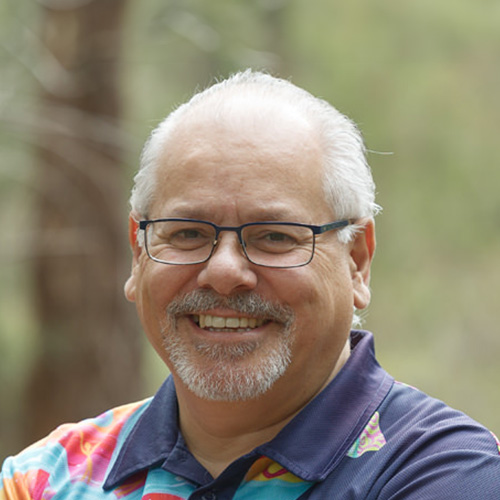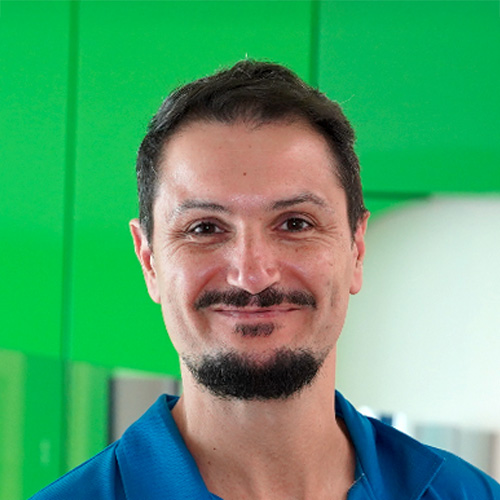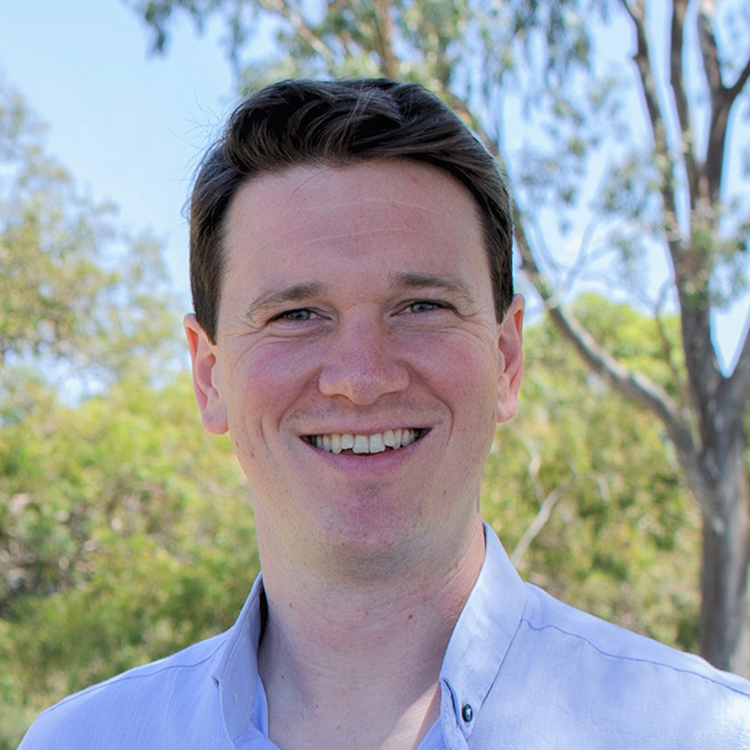Researchers
Our research is structured into research themes, programs of work and teams. We are committed to collaboration and to work together.

Research theme leaders

BA (Education) PhD Candidate
Director of First Nations Strategy and Leadership; Head, First Nations Health and Equity Research

BSc PhD
Head, Chronic Diseases Research

OAM BSc (Hons) GradDipClinEpi PhD

BSc (Hons) PhD
Head, Brain and Behaviour Research

BSc (Hons) MSc PhD
Feilman Fellow; Head, Precision Health Research and Head, Translational Intelligence

BMedSci (hons), PhD
Shaping excellence
Rewarding excellence
Learn more about how The Kids rewards research excellence
Learn more about how The Kids rewards research excellenceResearch governance
We pride ourselves on conducting research to the highest standards possible
Find out more about research governanceCurrent career opportunities
Want to join our team and help make a difference to child health?
Learn more about Current career opportunitiesHelp shape our research
Find out how you can involve consumers and the community in your research
Help shape our researchReports & findings
First Nations families’ maternity care experiences in the Australian Capital Territory: Kapati Time Yarning, intergenerational trauma and the case for Birthing with Country
First Nations women often experience harmful, inequitable maternity care, shaped by intergenerational trauma and culturally unsafe care. Historical forced removal of First Nations children has created enduring trauma that influences pregnancy and birthing experiences. In the Australian Capital Territory, maternity care is provided through Western biomedical systems, where increasing child protection interventions and fear of surveillance affect women's engagement with care.
Spatial distribution of and socio-ecological risk factors for strongyloidiasis in Australia
Strongyloidiasis, caused by the soil-transmitted helminth Strongyloides stercoralis, remains a neglected public health issue in Australia, particularly among remote Aboriginal and Torres Strait Islander communities. This study aimed to map the spatial distribution of strongyloidiasis and investigate associated socioecological factors to identify high-risk areas and guide targeted interventions in Australia.
Wideband Absorbance Among Aboriginal and/or Torres Strait Islander and Non-Aboriginal Children With Suspected Otitis Media Living in an Australian Urban Area
Otitis media (OM) is a significant health concern, particularly among Aboriginal and/or Torres Strait Islander children who experience one of the highest rates of OM globally. This study aimed to evaluate the use and differences of wideband absorbance at ambient pressure (WBA) among urban Aboriginal and/or Torres Strait Islander and non-Aboriginal children with suspected OM based on standard tympanometry.
Difficulty in Keeping Teeth Clean and Its Impact on Oral Health in Cerebral Palsy: Evidence From a New Zealand Cohort
Children with cerebral palsy face challenges in maintaining oral hygiene; data on their oral health practices and outcomes are limited.
